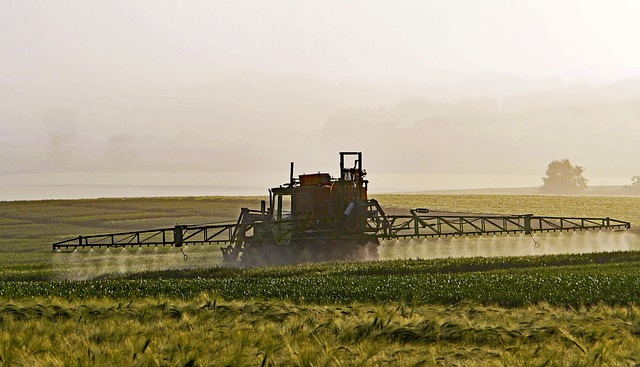
Glyphosate, a herbicide extensively employed in modern agriculture, has become the focal point of a growing controversy due to its potential hazards to the human body. While its usage is widespread across the globe to combat weeds, mounting scientific evidence suggests that glyphosate may have adverse effects on human health.
Glyphosate, marketed as Roundup by Monsanto, stands as the world's bestselling herbicide. It is utilized in genetically modified crops to resist the herbicide, allowing farmers to eliminate weeds without harming their crops. Nevertheless, several studies have raised concerns regarding its effects on human health.
One of the primary concerns surrounding glyphosate is its potential carcinogenicity. In 2015, the International Agency for Research on Cancer (IARC), part of the World Health Organization (WHO), classified glyphosate as a "probable human carcinogen." This classification sparked concerns worldwide and prompted many countries to review their regulations on the use of this pesticide.
Apart from the cancer risk, studies have also suggested that glyphosate might be linked to other health issues, such as disruptions to the endocrine system, liver damage, and immune system disorders. These potential health effects are particularly worrisome as glyphosate is routinely detected in the foods we consume daily, including cereals, vegetables, and even drinking water.
Exposure to glyphosate is thus nearly unavoidable for most of us, raising significant questions about how we protect our long-term health. Many activists and health experts are calling for stricter regulation of glyphosate use and the promotion of more environmentally friendly farming methods.
In response to these concerns, several jurisdictions have banned or restricted the use of glyphosate. For instance, in 2020, France announced that it would progressively ban glyphosate's use by 2021, with limited exceptions for certain applications. Other countries, such as Vietnam and Sri Lanka, have also taken similar steps to reduce glyphosate use.
In conclusion, the evidence concerning the potential dangers of glyphosate to the human body is raising growing concerns. While farmers often rely on this herbicide to protect their crops, it is crucial to continue researching its effects on human health and consider safer and more sustainable alternatives for agriculture. Safeguarding our health and environment must remain a priority as we continue to assess the risks associated with glyphosate.
hpgruesen, Pixabay, https://pixabay.com/photos/agriculture-plant-protection-1359862/


0 comments: